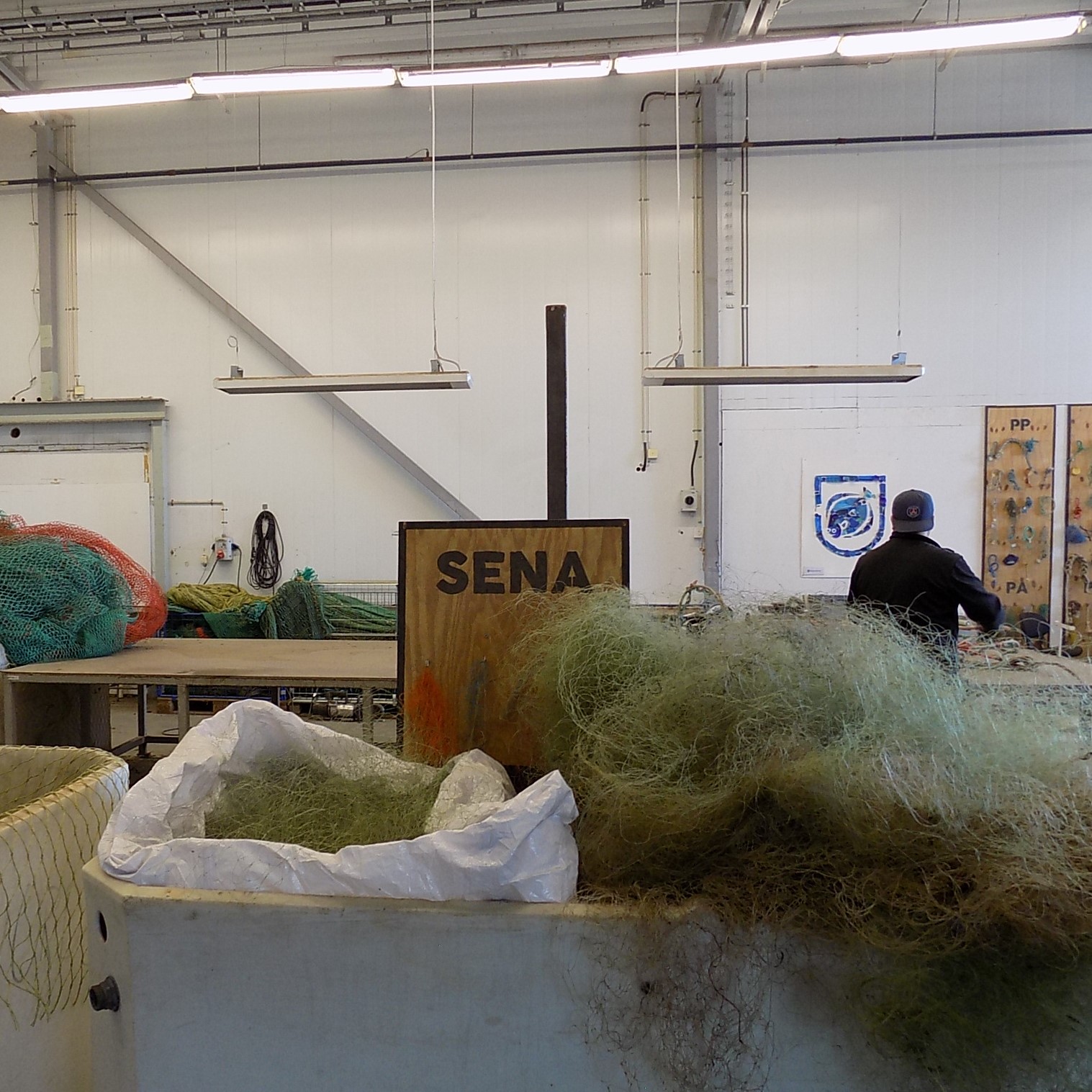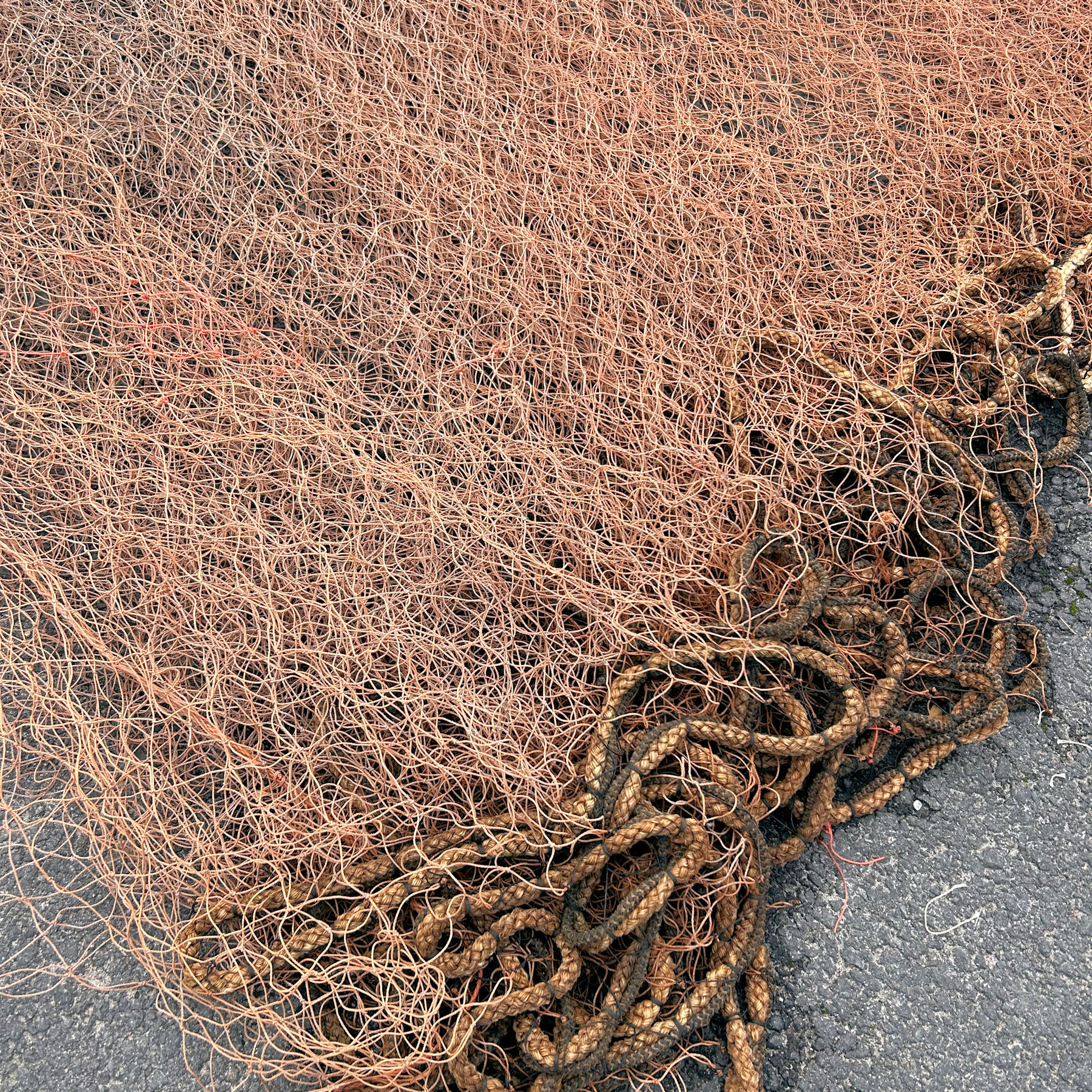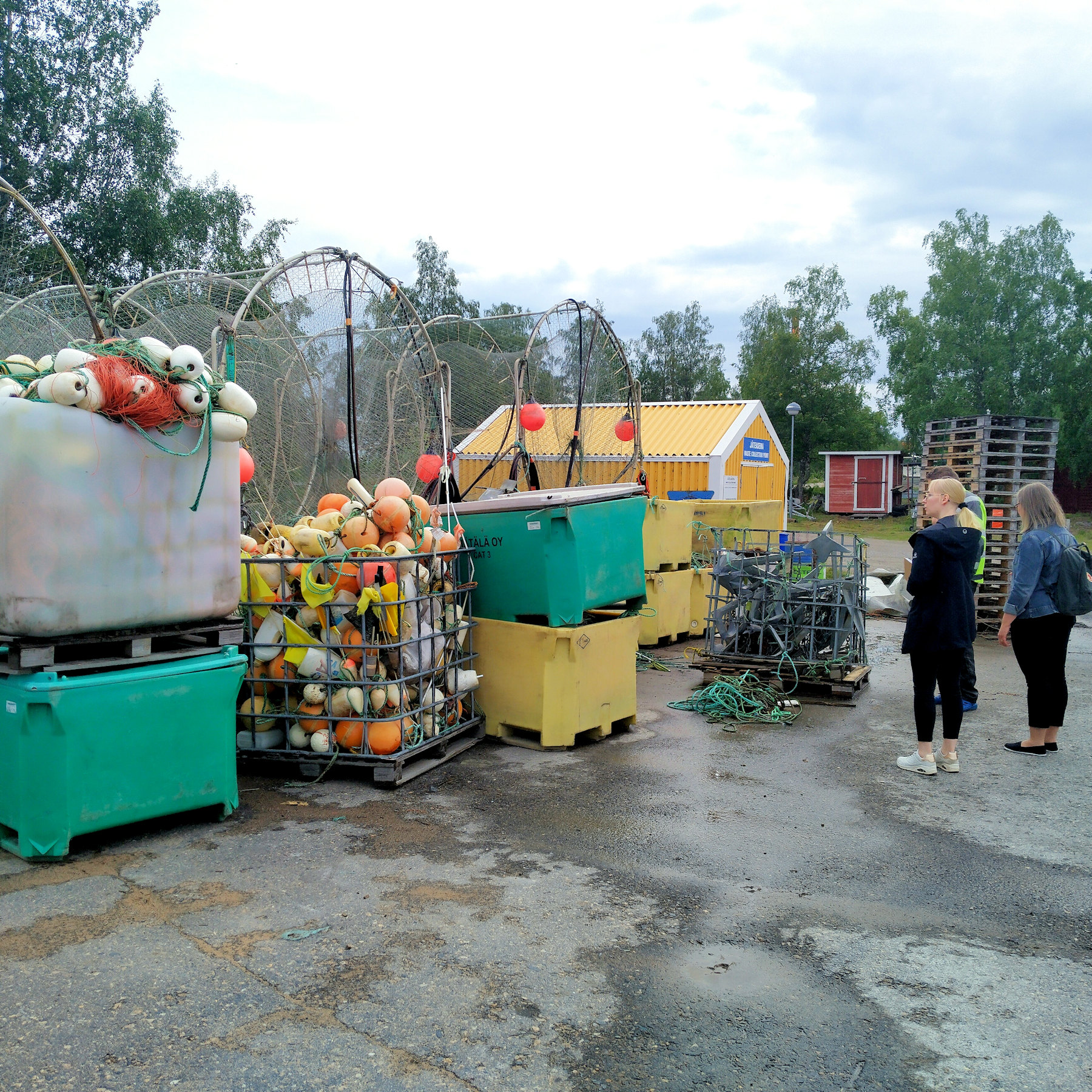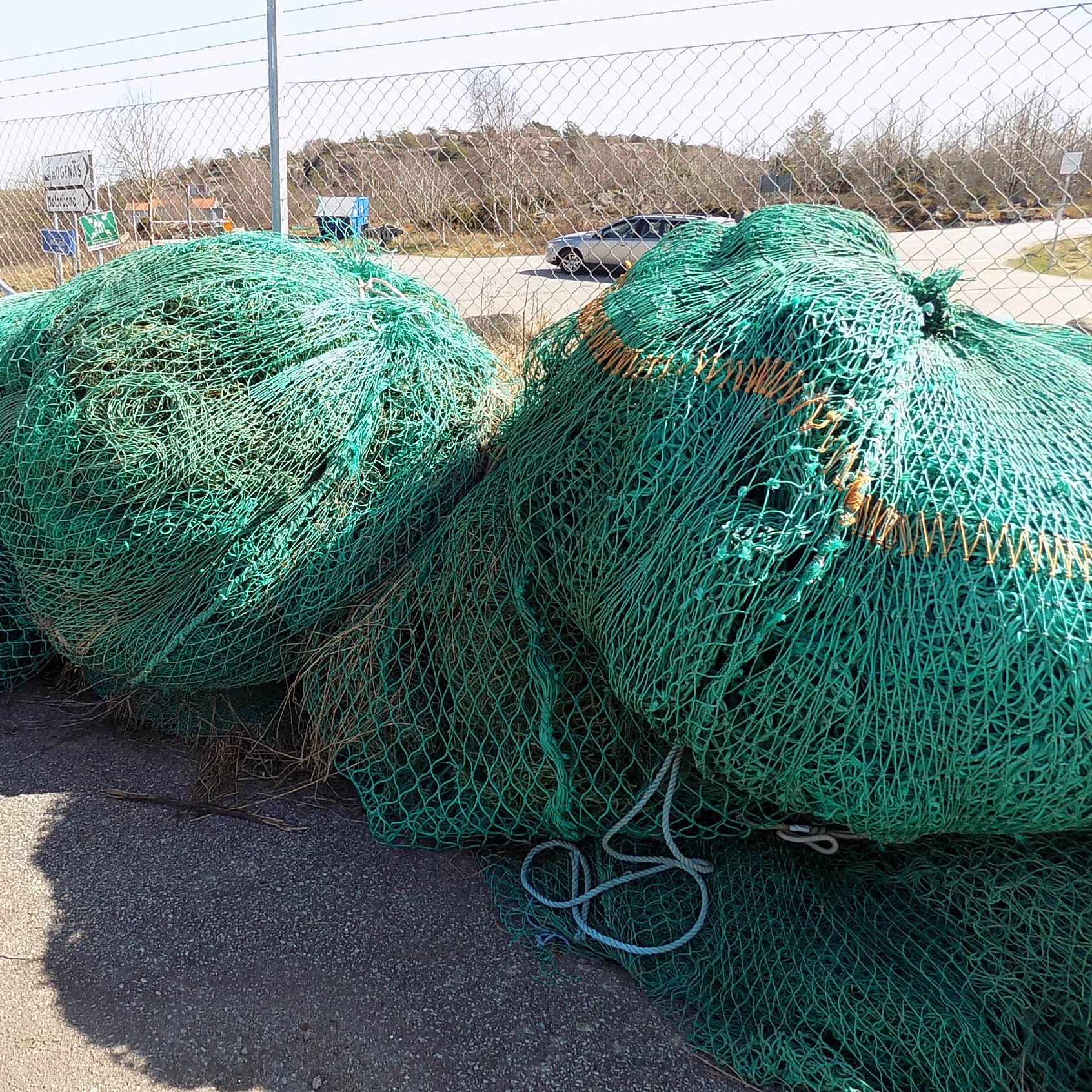Supporting Recycling of EOL Fishing Gear
To prevent the end-of-life fishing gear from becoming a hazard for the marine environment, they should be collected as they approach their best-before date. The EU funded Blue Circular Nets (CIRCNETS) project supports collecting and recycling of end-of life fishing gear.

The issue
The two main sources of marine plastic pollution are single-use plastic products (SUP) and fishing gear. Plastic is durable, it can take a lot of beating, and it is affordable. Unfortunately, the good qualities of this material in fishing gear are also its vices from the environmental point of view. Abandoned, lost, or otherwise discarded fishing gears (ALDFGs) are a real nuisance for the marine environment. After becoming ghost gear, they can continue to catch fish and other animals, get caught in propellers, and decompose slowly spreading microplastics.



